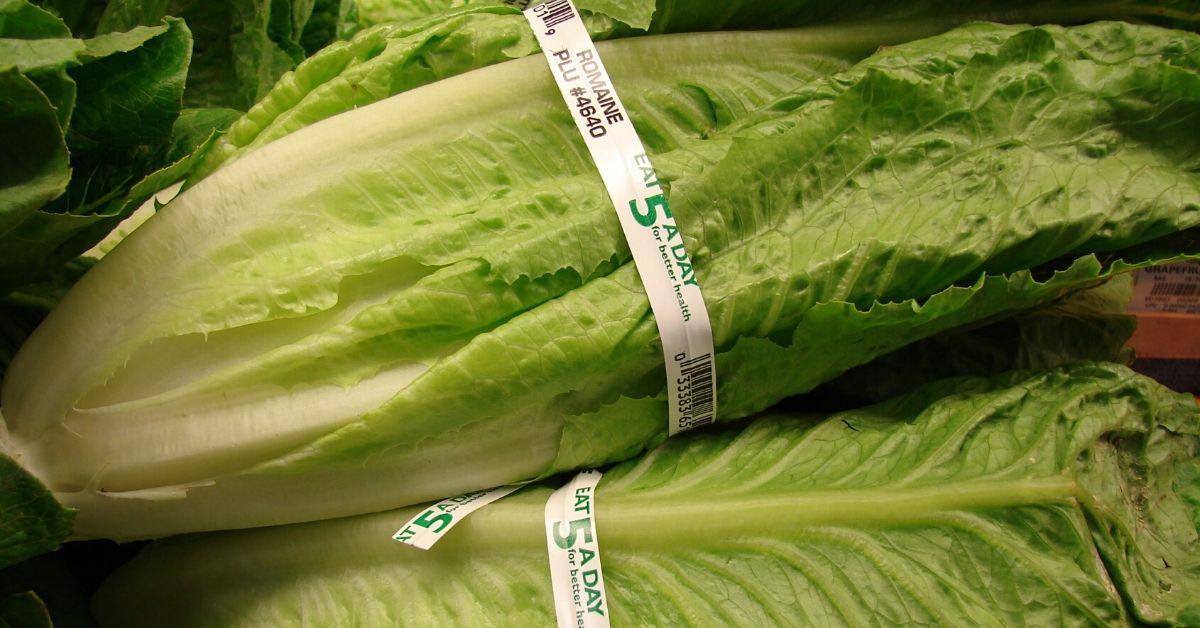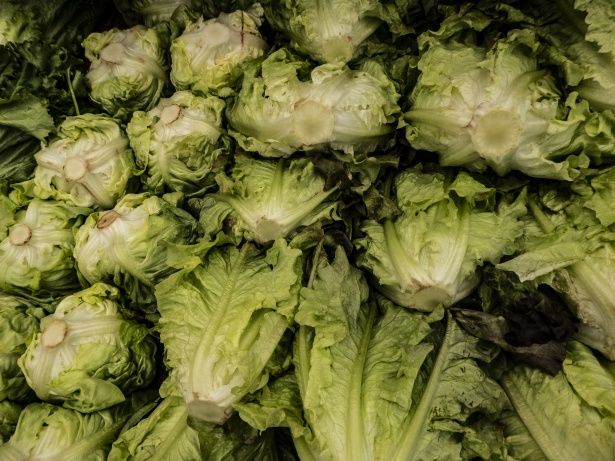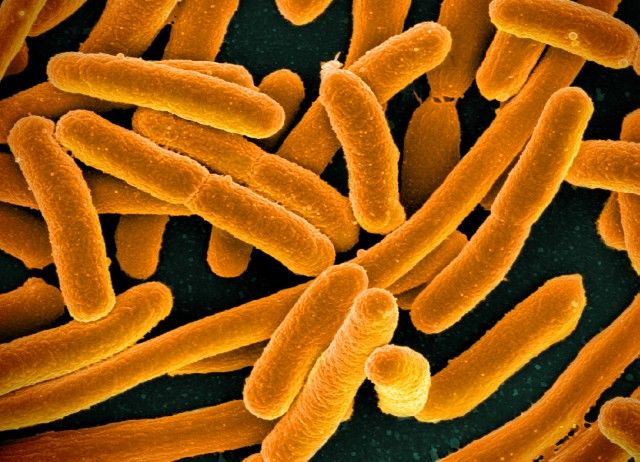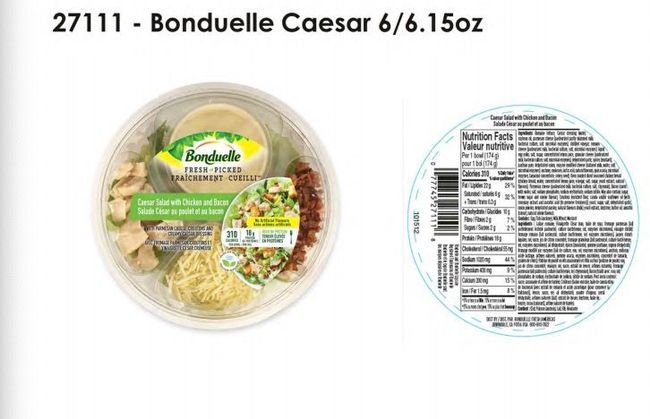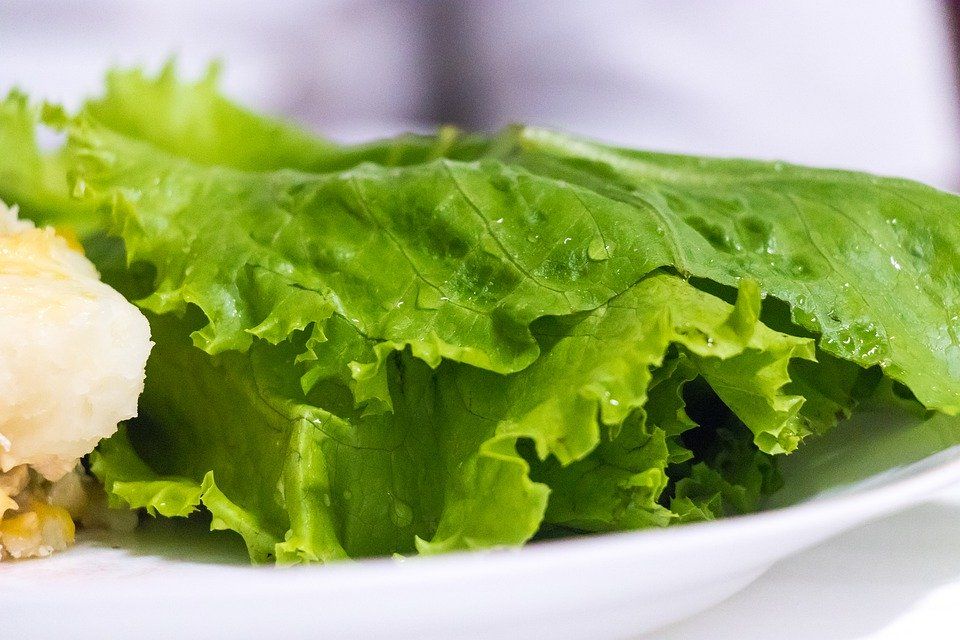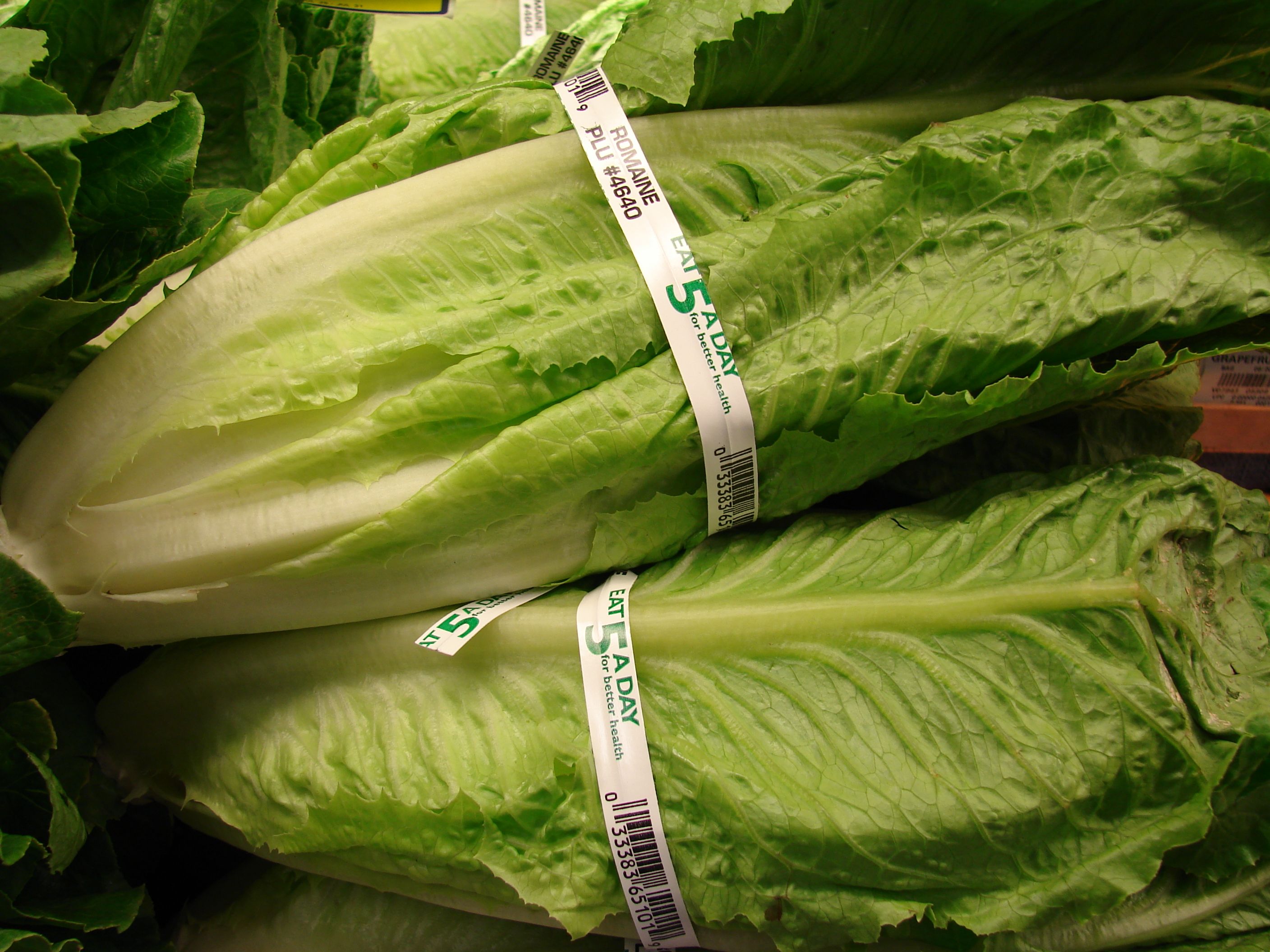If you are planning on including romaine lettuce on your Thanksgiving menu, you should think twice.
On November 22, the Centers for Disease Control and Prevention issued a warning regarding the consumption of romaine lettuce grown in Salinas, California. An E. coli across the country has now been linked to contaminated lettuce.
"Based on new information, CDC is advising that consumers not eat and retailers not sell any romaine lettuce harvested from the Salinas, California growing region. This advice includes all types of romaine lettuce harvested from Salinas, California such as whole heads of romaine, hearts of romaine, and packages of precut lettuce and salad mixes which contain romaine, including baby romaine, spring mix, and Caesar salad.
According to the statement, at least 40 cases have been reported nationwide. The outbreak has spread across 16 states and 28 people have been hospitalized. Although no deaths have been reported, five people have suffered a form of kidney failure known as hemolytic uremic syndrome. This life-threatening condition occurs in five to 10 percent of people infected with E. coli 0157:H7, a strain that produces a Shiga toxin.
Symptoms, which include fever, dehydration, vomiting, severe cramps and bloody diarrhea, begin to appear two to eight days after ingesting a tainted product.
The CDC and the Food and Drug Administration are investigating the outbreak to determine the source of the contamination. So far, it has been confirmed that illnesses started around September 24, 2019.
"FDA and states are tracing the source of the romaine lettuce eaten by ill people. Preliminary information indicates that some of the ill people ate lettuce grown in Salinas, California. No common grower, supplier, distributor, or brand of romaine lettuce has been identified."
Some retailers have started recalls for products with romaine lettuce from Salinas.
On November 21, the United States Department of Agriculture’s Food Safety and Inspection Service issued a recall of more than 75,000 pounds of pre-packaged salads by Missa Bay. The recalled items have “use by” dates from October 29 to November 2 and establishment number “EST. 18502B” inside the USDA mark of inspection.
The salads were shipped to distribution locations in Alabama, Connecticut, Florida, Georgia, Illinois, Indiana, Louisiana, Maine, Maryland, Massachusetts, Michigan, Minnesota, Mississippi, Missouri, New Jersey, New York, North Carolina, Ohio, Pennsylvania, South Carolina, Virginia and Wisconsin.
The CDC has some advice if you have romaine lettuce at home:
Look for a label showing where the romaine lettuce was grown. It may be printed on the package or on a sticker.If the label says “Salinas” (whether alone or with the name of another location), don’t eat it, and throw it away.
If it isn’t labeled with a growing region, don’t eat it, and throw it away.
If you don’t know if the lettuce is romaine or whether a salad mix contains romaine, don’t eat it, and throw it away.
Wash and sanitize drawers or shelves in refrigerators where romaine lettuce was stored. Follow these five steps to clean your refrigerator.
If you are buying romaine lettuce at a store:
Look for a label showing where the romaine lettuce was grown. It may be printed on the package or on a sticker.If the label says “Salinas” (whether alone or with the name of another location), don’t buy it.
If it isn’t labeled with a growing region, don’t buy it.
You can learn more about the recent recall affecting Aldi and Target stores here.
